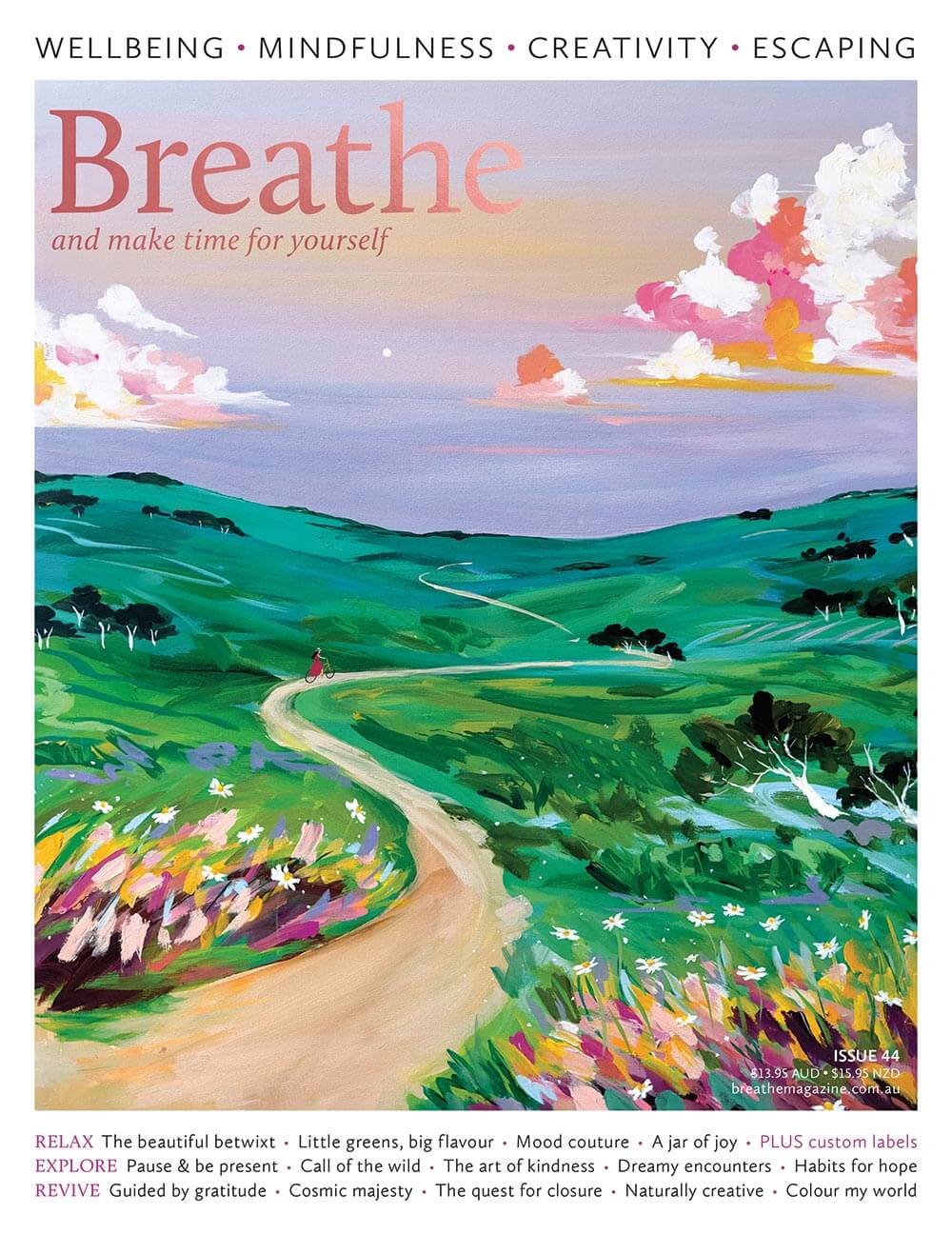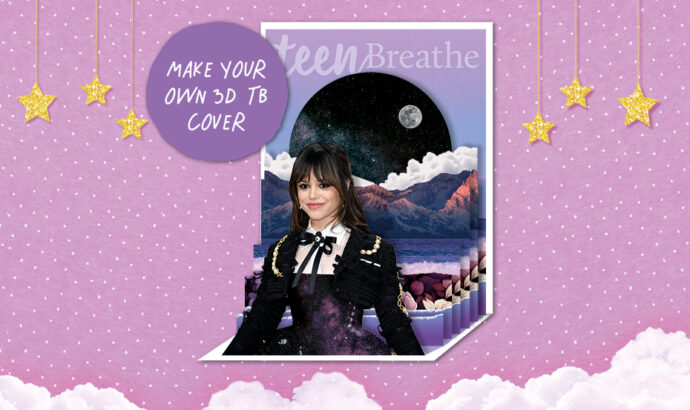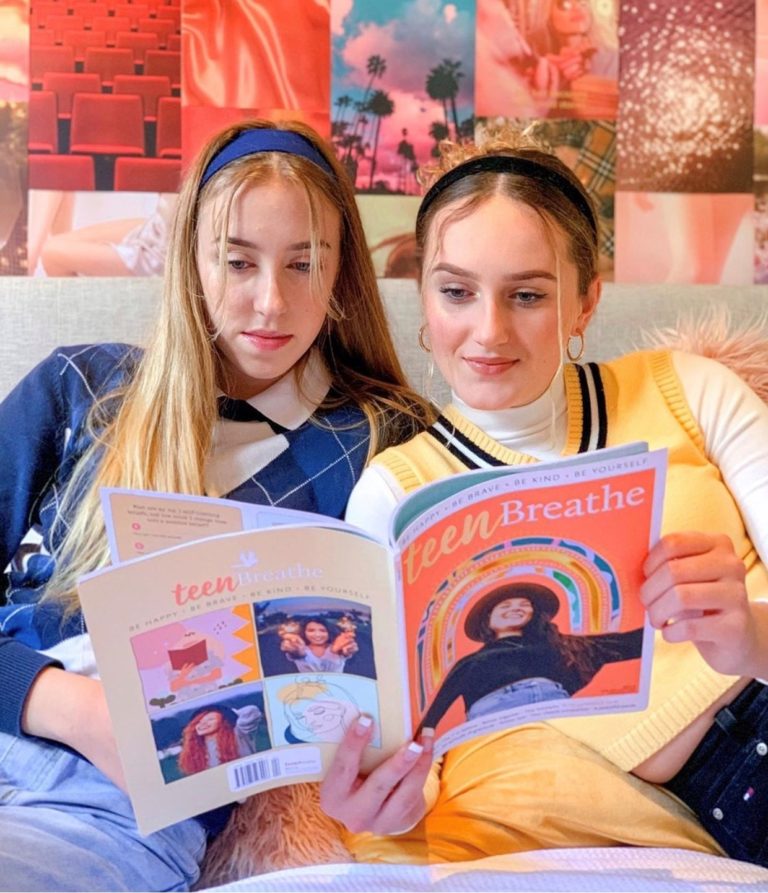
Why it's important to stop and think before you post on social media
There’s little doubt that social media is deeply ingrained in many people’s lives, and you’re probably aware of some of the negatives surrounding this – the hours lost to endless scrolling, and being less present in your real life, to name a couple. It also has many benefits, including keeping you connected with friends and family, and the ease with which information can be shared.
RUMOUR MILL
Not all information is factual, however, and a problem arises when people press ‘share’ without fully considering what they’re reposting and what the consequences might be for others or themselves.
You could compare this with spreading rumours – for instance, imagine another student tells you that tomorrow’s history test has been cancelled. Rather than going to a teacher to check, you tell five of your friends the same information. Before long, the entire class thinks the test has been cancelled, so nobody bothers to revise – and then everyone gets a nasty shock the following day when it goes ahead as originally planned.
Because of its reach and immediacy, social media can spread information far more quickly and to far more people than just a single history class – so its potential to cause harm by spreading the wrong kind of information is huge.
FACT OR FICTION?
It’s important to pause before you share anything you see on social media and to think about how accurate it is. (Of course, cute videos of dancing cats or singing dogs are usually just fun – and often hilarious.)
Sometimes, however, posts contain information that might seem shocking or interesting. The impulse could be to immediately share such a post with everyone in your network. ‘Oh, my goodness, this is awful!’ you might think. ‘Everybody needs to know about this sooner rather than later!’
Instead, it’s worth doing some research and seeing how much truth there is to what you’re about to share. Where has this information come from? Is it from a reliable source, such as a respected newspaper? See what a teacher or guardian has to say about it.
You could also check reports from a reputable newsfeed. If its reporting contradicts what you have just read, or if you’re still not sure about what’s true and what’s not, it’s best not to share the post.
AVOIDING GOSSIP
This doesn’t only apply to large-scale news. There are times when a post is created that says something about a person or situation closer to home. The temptation to share gossip can be strong – and it might be even stronger when all that’s required is the press of a button.
But the harm this seemingly simple action might do can be immense. What you’re sharing could cause genuine distress to the person or people it involves – and because social media posts travel so far and so fast, their impact can be like ripples in a pond, getting bigger and bigger.
One way of putting this into perspective is to imagine yourself as the subject of the post. How might you feel if information – true or false – was being shared about you? And what would you do knowing that, in just a few hours, it could spread beyond your school and to people and places you’ve never even heard of?
IT CAN BE CRIMINAL
There’s another important aspect to consider about this kind of behaviour, and it’s one that can have severe consequences for the person sharing information, as well as for anyone mentioned in the post. The law takes these matters seriously and the police will investigate if a person posts something that:
- They know is false.
- Is offensive.
- Is intended to cause distress or anxiety.
POTENTIAL HARM
When everyone’s talking about something that has – or that they think has – happened, it’s easy to get caught up in the drama of it and want to be part of the excitement.
But remember that, as well as the additional harm and upset you could be causing someone else, you might also be creating trouble for yourself.
CANDID CAMERA
Sharing photographs and images can also be problematic. If an unflattering shot of another student or a photo that shows them doing something embarrassing appears in your feed, you might be tempted to repost it because you think it’s funny. But imagine if it was you in the photo.
Would you want it to be shared and seen by countless people? Chances are you’d be upset if it was. The old saying about treating others as you’d like to be treated is as true when it comes to social media as it is for face-to-face encounters.
CHOOSE KINDNESS
The most important thing to remember when posting or sharing anything is to always respect other people’s feelings and consider the impact your actions could have.
So, be kind, and pause before sharing.
Words by: Sarah Rodrigues
This story was originally published in Teen Breathe Issue 33 (page 24) with the title: Care to not share.























